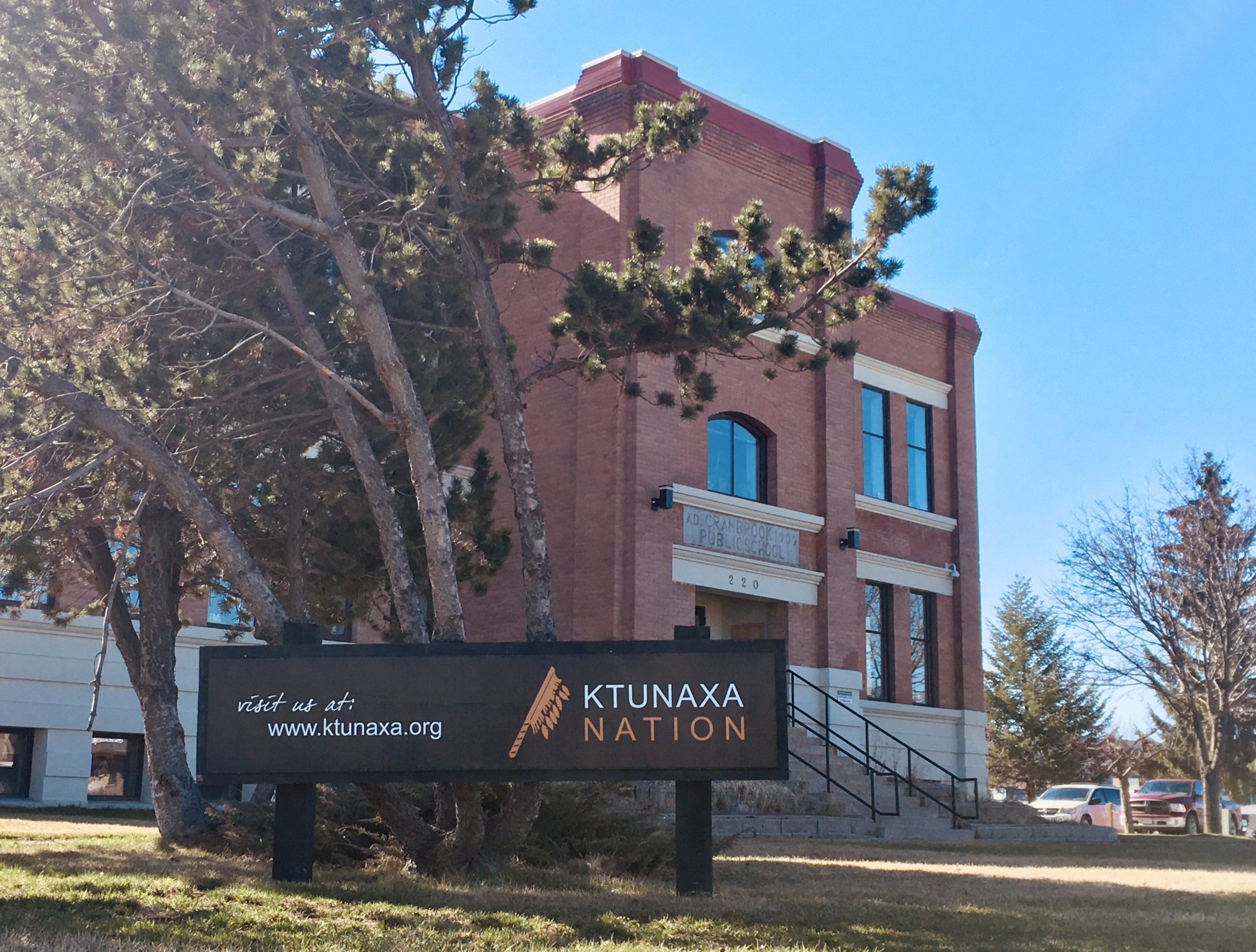A grant worth $950,000 will go to a health research project led by the Ktunaxa Nation Council (KNC) aimed at fostering a better relationship between health care systems and Indigenous people.
The KNC said the grant was awarded through the Canadian Institutes for Health Research.
“The ‘xaȼqanaǂ ʔitkiniǂ’ project, or ‘Many Ways of Doing the Same Thing’ is an ongoing collaborative research project that aims to improve the relationship between health care systems and Indigenous people,” said Research Co-Lead Dr. Christopher Horsethief. “We want to ensure that Indigenous voices are heard and represented in the health care system in a respectful way and in turn, health care systems will benefit from Indigenous knowledge and expertise.”
The project is conducted through a partnership between the KNC, Interior Health, the University of British Columbia and the University of Victoria.
Ktunaxa Elders and Knowledge Holders from across Ktunaxa communities oversee the project in collaboration with the KNC’s Traditional Knowledge and Language Sector and Social Investment Sector.
Under the leadership of the Elders and Knowledge Holders, KNC said xaȼqanaǂ ʔitkiniǂ developed a community-driven and culturally-informed approach to co-learning and co-creation of knowledge.
“This includes numerous Ktunaxa community gatherings and land-based activities exploring the Ktunaxa phrase: Qapsin kiʔin ʔakaǂxuniyam? (What would a health community look like?),” said the KNC.
The KNC noted that xaȼqanaǂ ʔitkiniǂ involves aspects of community investment, such as commissioning Ktunaxa artists to capture themes of community sessions and mentoring and funding to include Ktunaxa students as research assistants.
“So many times, the health system says they want to work with us, but really, they’re just coming to tell us how things are going to be,” said Elder Advisor and Hereditary Chief Sophie Pierre. “We aren’t meaningfully part of the decisions or the process, we are just seen as a tick box. I knew this project was different – the importance of community was there from the beginning. When I saw that we were going to be leading the way forward, with our language and our culture, I knew that our participation was real. And that’s been a huge part of the buy-in and success of this project”
According to Dr. Horsetheif, the project will use its grant funding to continue its research and apply it to re-connect Indigenous people with health care.
“Testing the xaȼqanaǂ ʔitkiniǂ approach was the first step along the pathway toward a long-term working relationship between Ktunaxa Nation and the Interior Health Authority,” said Horsethief. “The goal of the next step is to build on the work we’ve done so far to apply xaȼqanaǂ ʔitkiniǂ to solve the problem of disconnection to help improve the way Interior Health delivers healthcare in Ktunaxa territories. Colonization is the process of disconnecting people and forceful removal, so how do we re-connect people again?”




